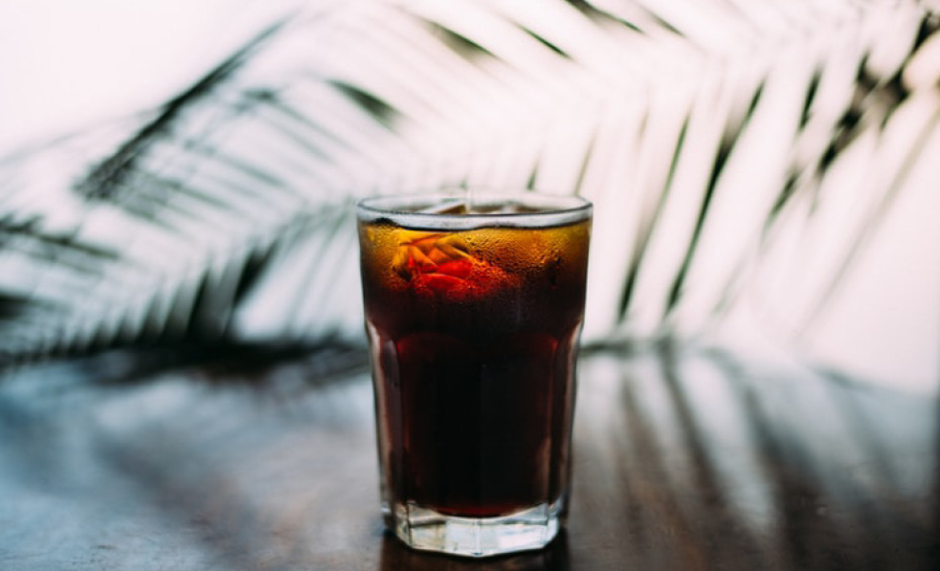A new study from Harvard T.H. Chan School of Public Health, Boston, Massachusetts, USA, found that individuals who increase their consumption of sugary beverages, regardless if they contain added or naturally occurring sugar, may face moderately higher risk of Type 2 diabetes mellitus (T2DM). The research revealed that drinking more sugar-sweetened beverages (SSB) such as soft drinks and 100% fruit juices is associated with T2DM risk. Furthermore, replacing sugary beverages with artificially sweetened beverages (ASB) did not decrease the risk of diabetes. On the other hand, risk of diabetes decreased when one daily serving of an SSB or ASB was replaced with water, coffee, or tea.
The study investigates 22-26 years’ worth of data from >192,000 women and men participating in 3 long-term studies; the Nurses’ Health Study, the Nurses’ Health Study II, and the Health Professionals’ Follow-up Study. From patient’s’ food frequency questionnaires, administered every 4 years, the researchers calculated changes in participants’ sugary beverage consumption over time. Variables such as BMI, other dietary changes, and lifestyle habits were adjusted and highlighted that an increase by >4 ounces per day over a 4-year period of SSB, including 100% fruit juices, was associated with a 16% higher diabetes risk in the following 4 years. Increased consumption of ASB by >4 ounces was associated with an 18% higher diabetes risk. However, the authors caution this finding because of the possibility of reverse causation. High risk individuals may switch from sugary beverages to diet drinks; additionally, the data may be attributable to surveillance bias because high-risk individuals are more likely to be screened for diabetes and therefore diagnosed quicker.
This was the first study to investigate whether long-term changes in SSB and ASB consumption are associated with T2DM risk. Dr Jean-Philippe Drouin-Chartier, Harvard T.H. Chan School of Public Health, noted that: “the study provides further evidence demonstrating the health benefits associated with decreasing sugary beverage consumption and replacing these drinks with healthier alternatives like water, coffee, or tea.” Data revealed that if this dietary change is made once a day, then there was a 2-10% lower risk of diabetes. Co-author Prof Frank Hu also highlighted that “the study results are in line with current recommendations to replace sugary beverages with noncaloric beverages free of artificial sweeteners. Although fruit juices contain some nutrients, their consumption should be moderated.”








